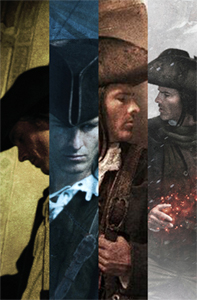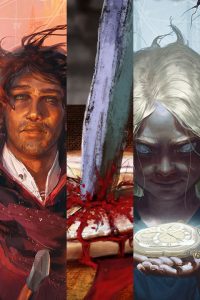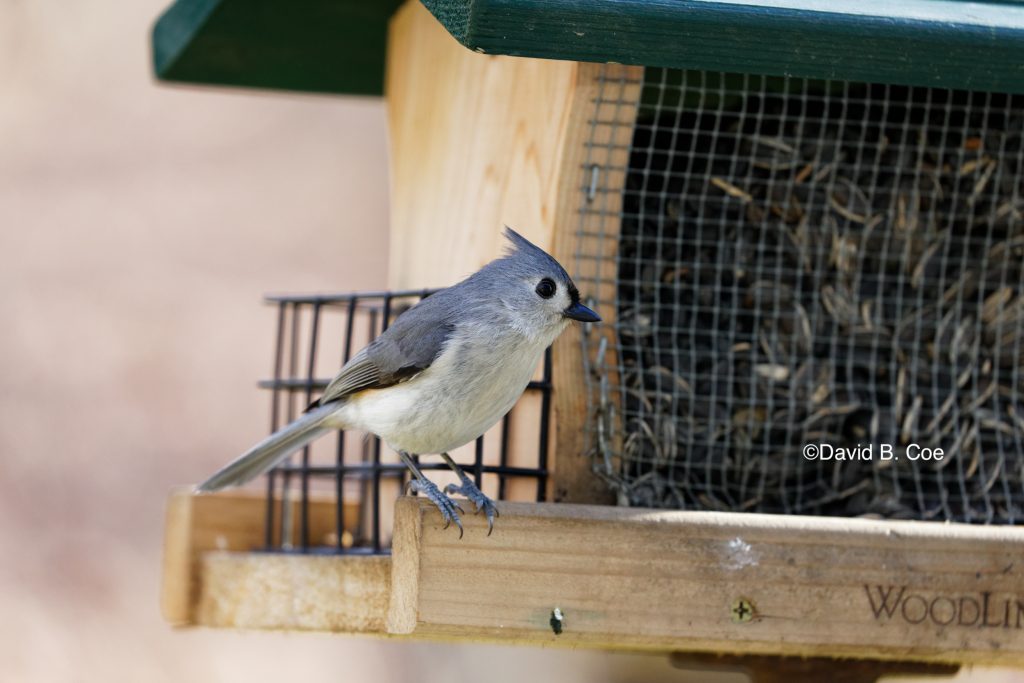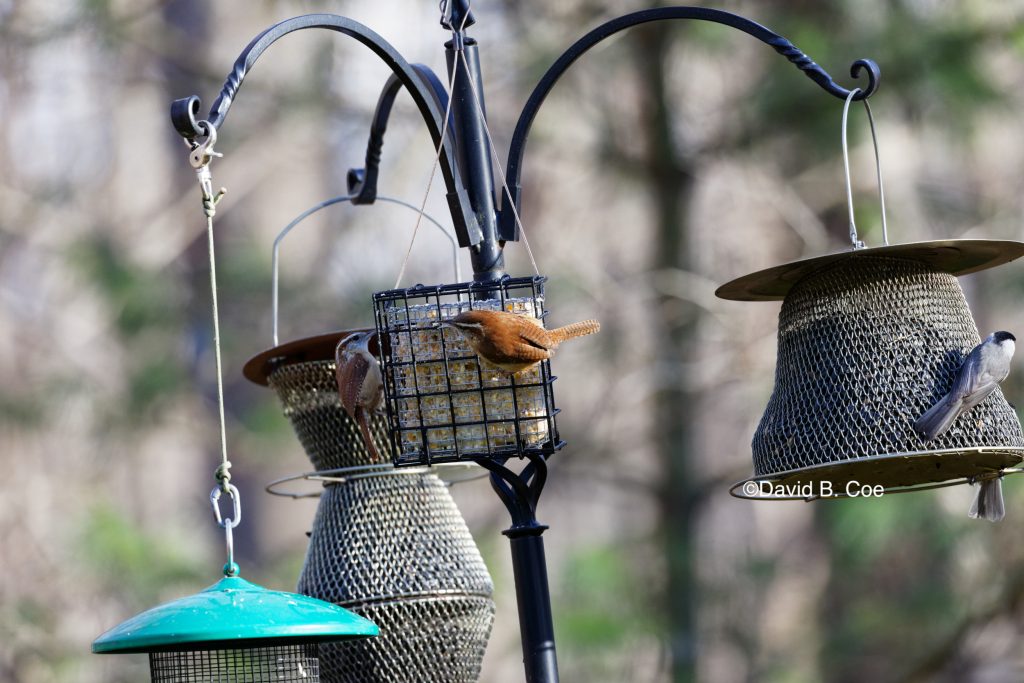Breathe.
In and out. In and out.
It’s finally over.
I am relieved, elated, a bit nervous about the shenanigans yet to come from the White House. Not because I believe they will succeed, but because I believe that even in failing, they could do lasting damage to our republic.
Many of my friends on the Left, while sharing my relief, remain unnerved by the relative closeness of the vote. To be honest, I’m disappointed, too. I hoped for a landslide, for a decisive repudiation of this Administration. I am horrified by the fact that more than 70 million people, 47% per cent of this year’s electorate, cast votes for a man who coddled White supremacists, flouted the norms of our democratic republic, and utterly failed to lead the nation safely through a devastating and deadly pandemic. How, I keep asking myself, can so many people not see him for what he is? How is it possible that, relative to 2016, the President gained support among Latino voters, among Black voters?
I have no certain answers to any of these questions, but I can offer a few thoughts, starting with a couple of obvious ones: First, Trump remains to many Americans a symbol of defiance against institutions that they despise — the mainstream media; Congress; faceless, poorly defined “bureaucracy.” These people see his outrageous pronouncements not as offensive, they way I do, but as a righteous response to what they call “political correctness” — a changing standard of speech and action and thought that challenges assumptions they have embraced, and privilege they have enjoyed, all their lives. They care less about the substance of what he says than they do about his willingness to say it. They see him as courageous and authentic. Even after four years as President, he still seems to them the outsider, the guy who isn’t a politician and who therefore can be trusted to do the right thing.
Second, people really do vote based on their wallets, and rightly or wrongly they believe that he would have been better for the economy than Joe Biden will be. I think this was especially a factor in the shift in the vote among people of color. Trump’s claim that he has done more for Black voters than any President since Lincoln is, of course, laughable. But before the pandemic hit, the economy was doing well. He inherited a strong economy from Obama, and for the first three and a half years of his Presidency didn’t screw it up. And related to this, I believe a lot of people think he has handled the pandemic poorly, but don’t actually blame him for the devastation. To my mind, the staggering numbers of infections and deaths, and also the catastrophic collateral damage caused by COVID, are all directly attributable to Trump’s inaction, denials, and incompetence. But to many, these are things that happened, rather than something he did.
People talk about the level of support Biden enjoyed among women — and it needs to be said that without the gender-gap, we would have a very different outcome. But the gender-gap cuts both ways. Lots of men, including many men of color, like Trump because they see in him a brand of (toxic) masculinity that remains popular with a segment of the population. The whole America-first, go-it-alone, screw-the-rest-of-the-world vibe is very attractive to some people, just as Ronald Reagan’s John-Wayne-esque masculinity was forty years ago. In my view, his actions have made our world less safe, our country less influential, our planet’s future less certain. But some folks, including a lot of men, like that he “stands up for America.” They credit him for taking on China in a trade war, and for removing the U.S. from the climate treaty, the World Health Organization, the Iran deal. Where I see recklessness, they see strength.
Certainly there are people out there who voted for Trump because he spouts racism and homophobia and sexism, because he calls the pandemic a hoax, because he incites people to violence. But I know a lot of Trump voters. I’m even related to a few. None who I know support him because of these things. None of them are bad people. They voted for him despite all of this.
And — plot twist — that disturbs me even more than if they supported his extremism.
If they shared his views, then at least I might explain to myself how they could vote for the man. But I can’t help feeling that by caring about these other things and ignoring the ugliness of Trumpism, they make themselves complicit. They may not hate, but they voted for hatred. They may be patriots, but they voted for a man who is still trying to undermine the pillars of our republic. They may lament the damage done by COVID, but they rewarded with their vote a President who made the pandemic infinitely worse than it needed to be.
Hence my bewilderment and dismay at the level of support he received. It will take some time before I can reconcile myself to how close we came to having four more years of this President.
But that is not how I wish to end this post. Because the fact is, Trumpism has been rejected. And while it felt close, in large part because Republicans in Pennsylvania and other states wanted it to feel close and arranged the counting procedures accordingly, the fact is that this was a broad and impressive victory.
Joe Biden’s popular vote margin is likely to exceed five million votes. He has already received more votes than any candidate in U.S. history, and will easily clear 75 million before the counting is done. His margin will also likely be in excess of four per cent, making it the second largest margin in this century (after Obama ‘08). He is the first candidate to defeat a sitting President since Bill Clinton in 1992. His electoral vote total, while not huge, should wind up north of 290, and (depending largely on the vote in Arizona) could reach 306, which is exactly the number won by Trump four years ago — a unique historical oddity were it to occur.
And, of course, thanks to his courageous and wise choice of Kamala Harris as his running mate, Biden has given us our first woman Vice President and our first person of color in that position. We are, we can hope, that much closer to having a woman as President. I still remember vividly the campaign of Shirley Chisholm for President in 1972. She was dismissed as a sideshow, a curiosity. A Black New York Congresswoman running for President? Absurd! And I remember as well the excitement of Walter Mondale’s selection of Geraldine Ferraro as his VP candidate — the first woman to appear on a major party ticket. Today, finally, the promise of those two pioneers has been realized. More cause for celebration.
Finally, I should point out that Donald Trump has made history as well. As the folks at CBS News pointed out this past weekend, just after the race was called, he is the first President in United States history to lose the popular vote twice.
Have a good week, all. Breathe.









 Then there are people like me. Some books, I outline in a good deal of detail. The Thieftaker novels demand preparation of this sort because I am tying together fictional and historical timelines, trying to make my story meld with established events. The Islevale books — time-travel epic fantasies — should have demanded similar planning. But for reasons I still have not fully grasped, all three books defied my efforts to outline. I simply couldn’t plot the books ahead of time. I tried for months (literally) to outline the first book, Time’s Children, and finally my wife said, “Maybe you just need to write it.”
Then there are people like me. Some books, I outline in a good deal of detail. The Thieftaker novels demand preparation of this sort because I am tying together fictional and historical timelines, trying to make my story meld with established events. The Islevale books — time-travel epic fantasies — should have demanded similar planning. But for reasons I still have not fully grasped, all three books defied my efforts to outline. I simply couldn’t plot the books ahead of time. I tried for months (literally) to outline the first book, Time’s Children, and finally my wife said, “Maybe you just need to write it.”  That’s what I did, and the result was a first draft that needed extensive reworking. When I began book II, Time’s Demon, I ran into the same problem. I didn’t even try to outline Time’s Assassin, the third and final volume. I knew it would be a waste of time. All three books needed extensive editing, more than I usually need to do. But they wound up being far and away the finest books I’ve written.
That’s what I did, and the result was a first draft that needed extensive reworking. When I began book II, Time’s Demon, I ran into the same problem. I didn’t even try to outline Time’s Assassin, the third and final volume. I knew it would be a waste of time. All three books needed extensive editing, more than I usually need to do. But they wound up being far and away the finest books I’ve written.

 The second book, in contrast, was very much a product of its time, and I mean that in a couple of ways. In that book, The Outlanders, my heroes, Jaryd and Alayna are building a life together and starting a family, just as Nancy and I were starting our own family. When writing in book III, Eagle-Sage, about their young daughter, I drew extensively on our experience raising our first child. And in book II, when Niall lost his wife to cancer, I drew upon the experience of watching my father deal with my mother’s death.
The second book, in contrast, was very much a product of its time, and I mean that in a couple of ways. In that book, The Outlanders, my heroes, Jaryd and Alayna are building a life together and starting a family, just as Nancy and I were starting our own family. When writing in book III, Eagle-Sage, about their young daughter, I drew extensively on our experience raising our first child. And in book II, when Niall lost his wife to cancer, I drew upon the experience of watching my father deal with my mother’s death. I was still working on the second book, Seeds of Betrayal, when the 9/11 attacks took place, and I wrote books three, four, and five against the backdrop of the Patriot Act, the torture of terrorism suspects, the illegal imprisonment of suspects at Guantanamo, and the deep anti-Islam sentiments of the early and mid-2000s. The Qirsi conspiracy was part of my plan for the series all along, but by the time the books were done, I realized that, without intending to, I had written a post-9/11 allegory. Again, I didn’t go back and change anything. I chose to keep the books as they developed. But I will admit to having been caught off guard by the degree to which our world had intruded upon my concept for the books.
I was still working on the second book, Seeds of Betrayal, when the 9/11 attacks took place, and I wrote books three, four, and five against the backdrop of the Patriot Act, the torture of terrorism suspects, the illegal imprisonment of suspects at Guantanamo, and the deep anti-Islam sentiments of the early and mid-2000s. The Qirsi conspiracy was part of my plan for the series all along, but by the time the books were done, I realized that, without intending to, I had written a post-9/11 allegory. Again, I didn’t go back and change anything. I chose to keep the books as they developed. But I will admit to having been caught off guard by the degree to which our world had intruded upon my concept for the books.